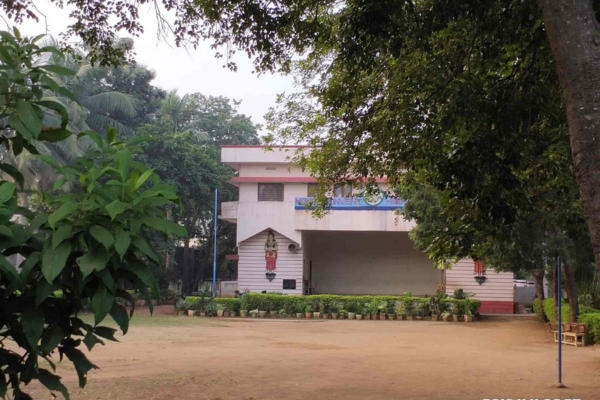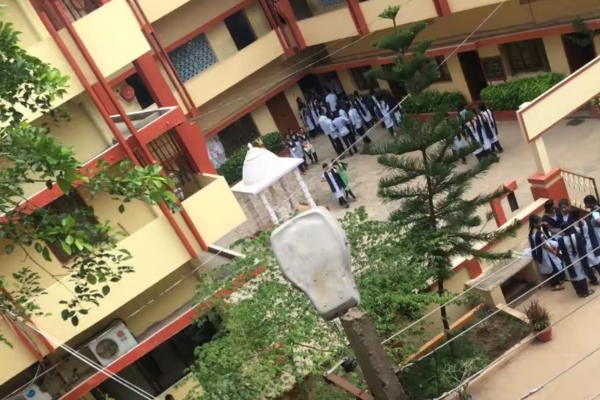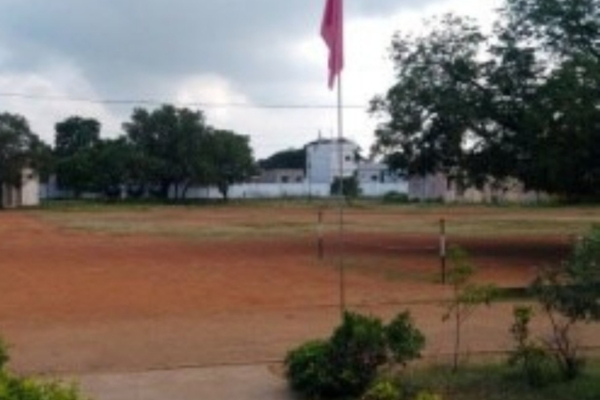LEARNING CENTER
Preschool classrooms are typically divided into different learning centers, each focusing on a specific area. Dramatic play areas might have dress-up clothes and props to encourage imaginative play. Building block centers allow for construction and exploration of spatial concepts. There might be a reading corner stocked with colorful books, an arts and crafts area for creative expression, and perhaps a science center for exploration and experimentation.Preschool classrooms typically have several distinct learning centers, each designed to target specific developmental skills.With blocks of various sizes and shapes, this area encourages creativity, problem-solving, spatial reasoning, and fine motor skills as children build and explore.his space allows for messy and creative fun! With paints, crayons, markers, playdough, and other materials, children can express themselves artistically, develop fine motor skills, and explore color and texture.Learning centers are a cornerstone of a high-quality preschool experience. They provide a stimulating and engaging environment where children can learn and grow through play!
OUTDOOR PLAY
Spending time outdoors is vital for a child's development. Preschool playgrounds provide opportunities for running, climbing, swinging, and exploring nature. This free play allows children to develop gross motor skills, burn energy, and connect with the natural world.Fresh air and sunshine are essential for young children. Outdoor play provides ample space for running, jumping, climbing, and exploring. This free play strengthens gross motor skills, improves coordination, and builds physical stamina.Nature is a playground for the senses! Children can feel the texture of grass and leaves, smell fresh flowers, listen to birds chirping, and observe the movement of clouds. These experiences stimulate the senses and contribute to cognitive development.The natural world ignites a child's imagination. Sticks become magical wands, puddles transform into sparkling rivers, and a sandbox turns into a construction site. Outdoor play allows children to create their own adventures, fostering creativity and problem-solving skills.
ARTS AND CRAFTS
Absolutely! Arts and crafts are a cornerstone of preschool education, offering a treasure trove of benefits that go beyond just creating something pretty. Squeezing glue bottles, manipulating paint brushes, cutting with safety scissors, and threading beads – all these actions involved in arts and crafts strengthen the small muscles in a child's hands and fingers. This fine motor development improves dexterity, control, and coordination, which are crucial skills for future tasks like writing, buttoning clothing, and manipulating utensils.Arts and crafts activities engage a child's senses in a delightful way. The feel of different textures like paint, play dough, or construction paper, the vibrant colors they explore, and the sounds they create while making crafts all contribute to a rich sensory experience. This sensory play helps children learn about the world around them and develop their cognitive skills.





